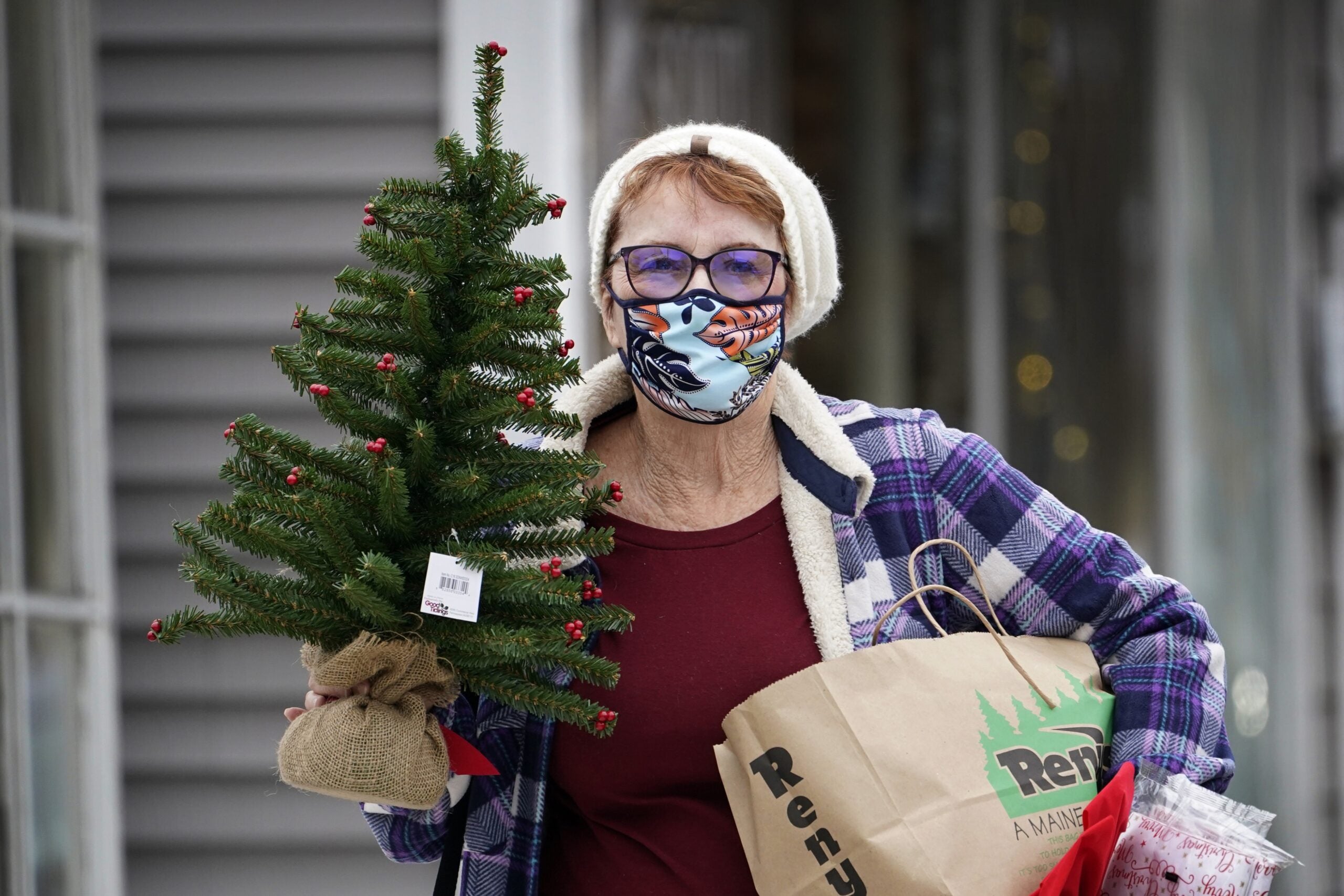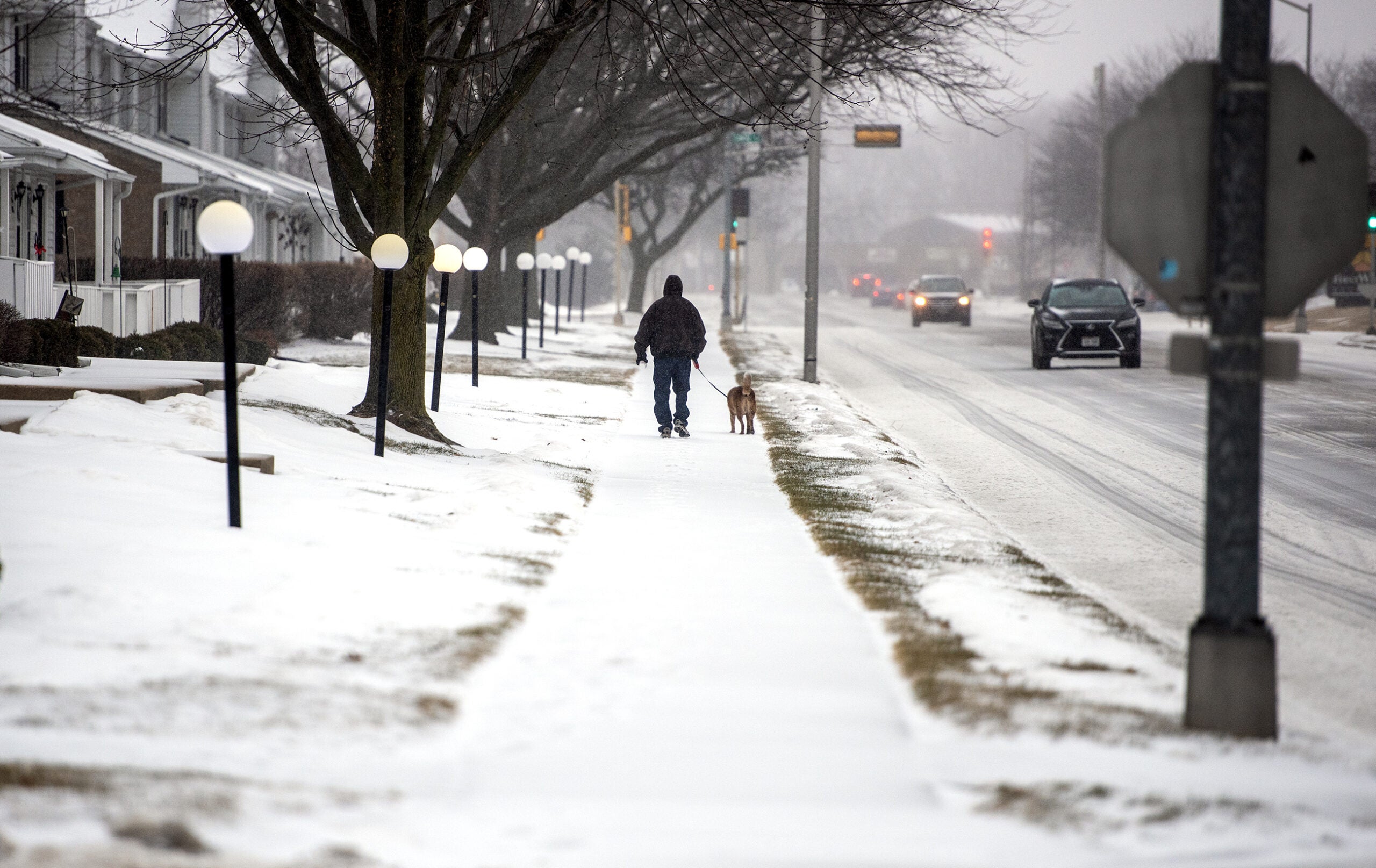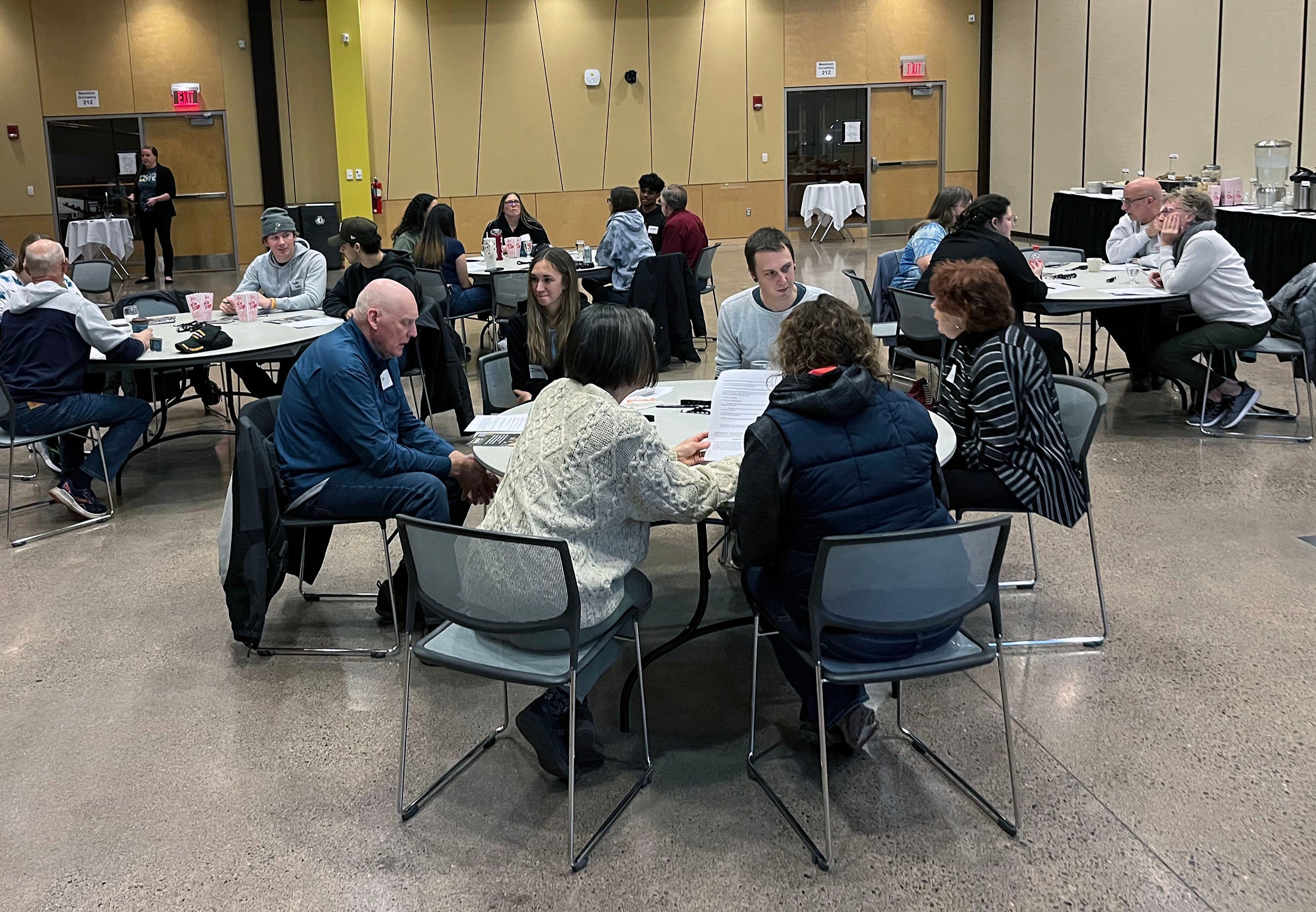The holiday season is just around the corner, and many families are having difficult conversations about how to celebrate this year as COVID-19 cases continue to climb in Wisconsin and nationwide.
It’s becoming increasingly clear that social gatherings are driving a surge in cases, and public health officials emphatically urge people to stay home this holiday season. But having the conversation to find alternative plans to a traditional holiday this year can be challenging — particularly if family members disagree.
WPR’s WHYsconsin has received questions looking for advice on how to best handle those conversations. WPR’s Mary Kate McCoy recently spoke with Larissa Duncan, the Elizabeth C. Davies Chair in Child and Family Well-Being at the University of Wisconsin-Madison.
Stay informed on the latest news
Sign up for WPR’s email newsletter.
The interview has been edited for brevity and clarity.
Mary Kate McCoy: We’re talking about canceling some really beloved traditions and opportunities to see family and loved ones during what has already been a difficult and trying year. How do we reckon with that loss, both in ourselves and with our loved ones?
Larissa Duncan: We’re all grieving the way of life we knew before the COVID-19 pandemic began. This year, especially for those of us in places like Wisconsin where COVID-19 rates are skyrocketing, it’s just simply not safe for us to travel or spend time indoors with people other than those we share a house with.
While the holidays can bring up complex feelings related to our family’s dynamics, missing out on special holiday time with our loved ones is a loss any year. And this year in particular, it’s compounded by the weeks and months we’ve already missed out on socializing and getting our mental, emotional, and spiritual needs met by being in community.
We need to give ourselves permission to grieve our losses. But what we can do this year is focus on what remains — the strengths that we and others have and are putting to use to care for ourselves and one another.
Our family is maintaining our tradition of shopping for a Thanksgiving basket for another family — though we did it online with contactless delivery. We will also use Zoom to gather with family, and my third grader suggested that we could make our Thanksgiving Zoom gathering “more special than regular school and work Zooms” by each taking a turn to talk about what we feel grateful for this year.
We’re also using this time to learn more about the true historical origins of the Thanksgiving holiday and ways we can honor the Indigenous peoples on whose land we live. We’re discussing how we can come out of this pandemic more informed and better able to participate in promoting the well-being of all in our community, especially those most negatively impacted while we experience so much privilege.
MKM: Public health officials maintain that it is not safe to gather indoors with people who live outside your household for the holidays this year. But having that conversation with loved ones can be difficult. How can people tell others that they don’t feel comfortable gathering in person?
LD: Everyone needs to carefully evaluate their own comfort with the risks involved and the benefits that might come from any given decision we make. We all have to have challenging conversations to keep ourselves and others safe. We do this in relation to keeping people from driving under the influence and making sure safety belts are worn, and now we have to do so in relation to the COVID-19 pandemic. It’s uncomfortable when others see things differently in terms of … the risks involved or just don’t care as much.
The first step in the conversation is prefacing it with our feelings of love and caring for our friends and family members. We can keep it simple and be very clear about our boundaries and plans. By putting off the conversation or avoiding being direct, we actually prolong our own discomfort and increase the chances that our loved ones will be upset if they have different ideas about how we should celebrate the holidays.
The second step is to stay calm and listen. We can practice taking turns while speaking and really listening to what each person has to say. We can stay curious and find out what aspect of the situation matters most to them. Then we can creatively problem-solve together how to best meet those needs in another way.
MKM: What do you do if you encounter pushback? Or you’re unable to come to an understanding?
LD: We may not be able to come to an understanding. If so, we need to take steps to get the emotional support we need to stay firm with our boundaries to keep ourselves and others safe. Our loved ones may feel hurt or rejected, they may feel like we just don’t really care about them or want to see them.
We can stay firm in our decision not to increase COVID-19 risk by inviting them to a virtual gathering, or if they don’t want to gather with us in that way due to hurt feelings, we can send a video message, leave a voicemail or write a letter sharing some of our happiest memories spent together and our desire to gather together again for the holidays next year — or sooner if that becomes safe to do.
MKM: Is there anything you should not do, or want to avoid, when you have this conversation?
LD: The main thing to avoid when having this type of conversation is getting into a heated argument. If we can take a few deep breaths to ground ourselves and remember our intentions around creating and maintaining loving family relationships, that can help us stay focused and not reactive in the moment.
For some of us, staying calm when our loved ones are angry with us can be very hard to do. If we find ourselves reacting in kind, or raising our voices and saying something we later regret, we can always apologize and try again. It can mean a lot to someone to hear, ‘I’m sorry I yelled. This is a hard conversation for me to have and I wish I had stayed calmer. Can we try again?’





